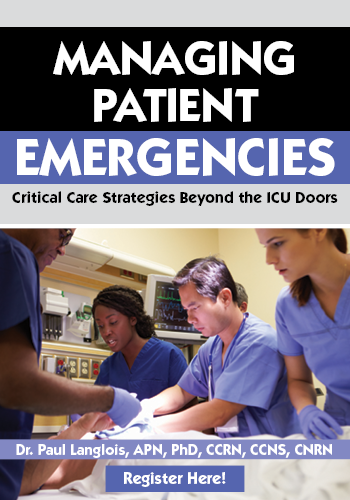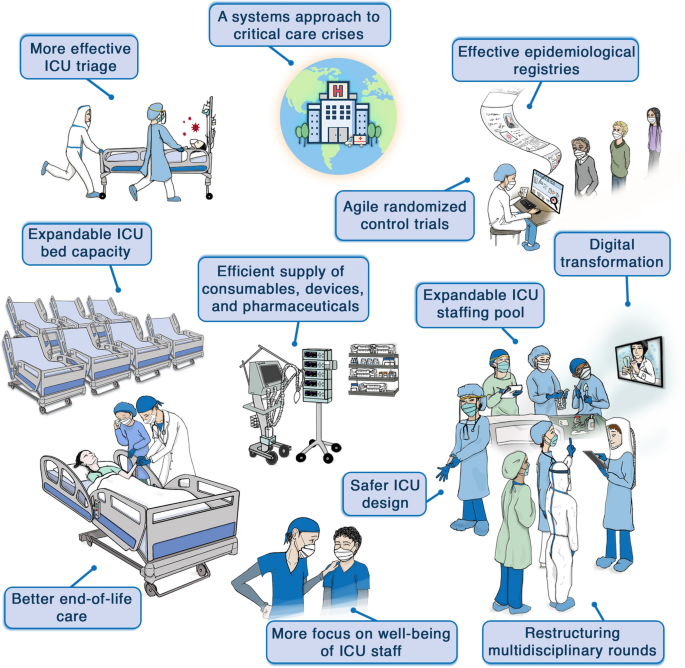Well, let me tell ya, the Pete Critical Care Team is somethin’ mighty important. It ain’t just any ol’ bunch of folks, it’s a whole team of people, each with their own special skills, workin’ together to help folks who are real sick. Now, when I say Pete, I ain’t talkin’ ’bout some feller named Pete, no ma’am, I mean a thing called pulmonary embolism (PE). That’s when a blood clot gets stuck in your lungs and it’s real bad for ya, makes breathin’ hard, and can even kill ya if ya ain’t careful.

This team, they ain’t just folks workin’ in the same room—nah—they work together like a well-oiled machine. It’s made up of folks from all sorts of places, like anesthesiologists, pulmonologists, surgeons, and other doctors who know their stuff. They all come together in a real tight-knit way, like kinfolk from the same farm, each one knowin’ what they gotta do to make sure the patient gets the best care.
The whole thing started back in 2012, up in Massachusetts, when they decided to create somethin’ called the Pulmonary Embolism Response Team (PERT). The folks there noticed that people with PE needed help fast, so they figured if they got a whole team of specialists together, they could help folks quicker and better. And let me tell ya, it worked! Now, it’s spreadin’ all over the country.
So, what’s the PERT team do? Well, these experts jump in whenever a patient gets diagnosed with PE, and they don’t waste no time. They got pulmonologists who take care of the lungs, cardiologists who know all ’bout the heart, and surgeons who can fix things up if it needs fixin’. Each of ’em knows their part, and they all work together to make sure the patient survives. It’s like a big ol’ team effort, with each person bringin’ their skills to the table.
Most folks don’t know this, but PE is one of the biggest killers out there. It don’t discriminate, either—happens to young and old alike. In the United States, it’s one of the top causes of death, especially when it comes to things like blood clots in the veins. In fact, for every 1,000 adults in this country, 1 to 2 of ’em will get a PE every year. That’s a lot, ain’t it?
Now, about this team—how do they do their job so quick? Well, it ain’t easy, let me tell ya. When someone shows up with PE, the clock starts tickin’. Every minute counts. The PERT team has a plan in place—they know exactly who’s doin’ what and when, and they don’t waste no time. From the moment they get the call, they’re on it. They make sure the patient gets the right treatment, whether that’s medication, surgery, or some other fix. And they’re always lookin’ for ways to improve, so they stay up-to-date with the latest methods and technology.

In fact, a survey done not too long ago showed that most PERT teams in the U.S. got specialists from critical care and cardiology. About 80% of these teams are made up of folks from these fields. They’re the ones who really know how to handle a PE, and they got all kinds of tricks up their sleeves to make sure the patient pulls through.
What makes a good PERT team? Well, it’s all about teamwork. Each specialist brings somethin’ different to the table. One might know all ’bout the lungs, another might understand the heart like no one else, and another might be a pro with surgeries. But what really makes it work is that they all communicate real well with each other. They don’t just act like they know it all; they talk things through and make sure they’re all on the same page. That way, they can get the patient the best care possible.
Now, I know this might all sound complicated to ya, but in simple terms, these doctors and nurses, they’re all just folks who care ’bout one thing—helpin’ people. And that’s somethin’ we can all appreciate. They work long hours, don’t get much rest, and always put the patient first. And because they’re so good at what they do, folks who have PE got a much better chance of survivin’ these days. That’s somethin’ we should all be thankful for.
So, next time you hear someone talkin’ about a Pulmonary Embolism Response Team, you’ll know that it ain’t just a fancy name. It’s a group of hard-workin’, skilled folks who are savin’ lives every single day. And I reckon that’s a mighty fine thing, don’t ya think?
Tags:[Pulmonary Embolism, PERT Team, Critical Care, Pulmonary Embolism Response Team, Healthcare, Medical Team, Cardiologists, Pulmonologists, Surgeons, Patient Care]






